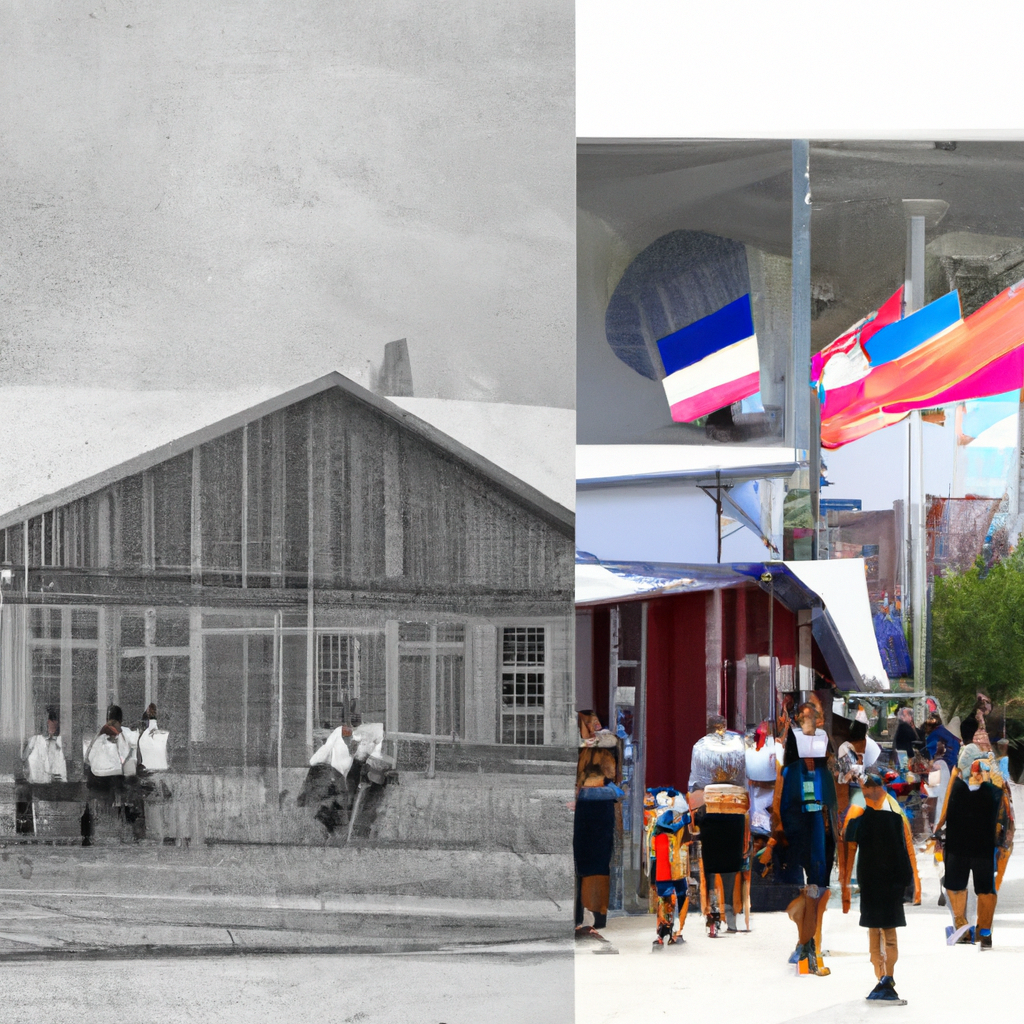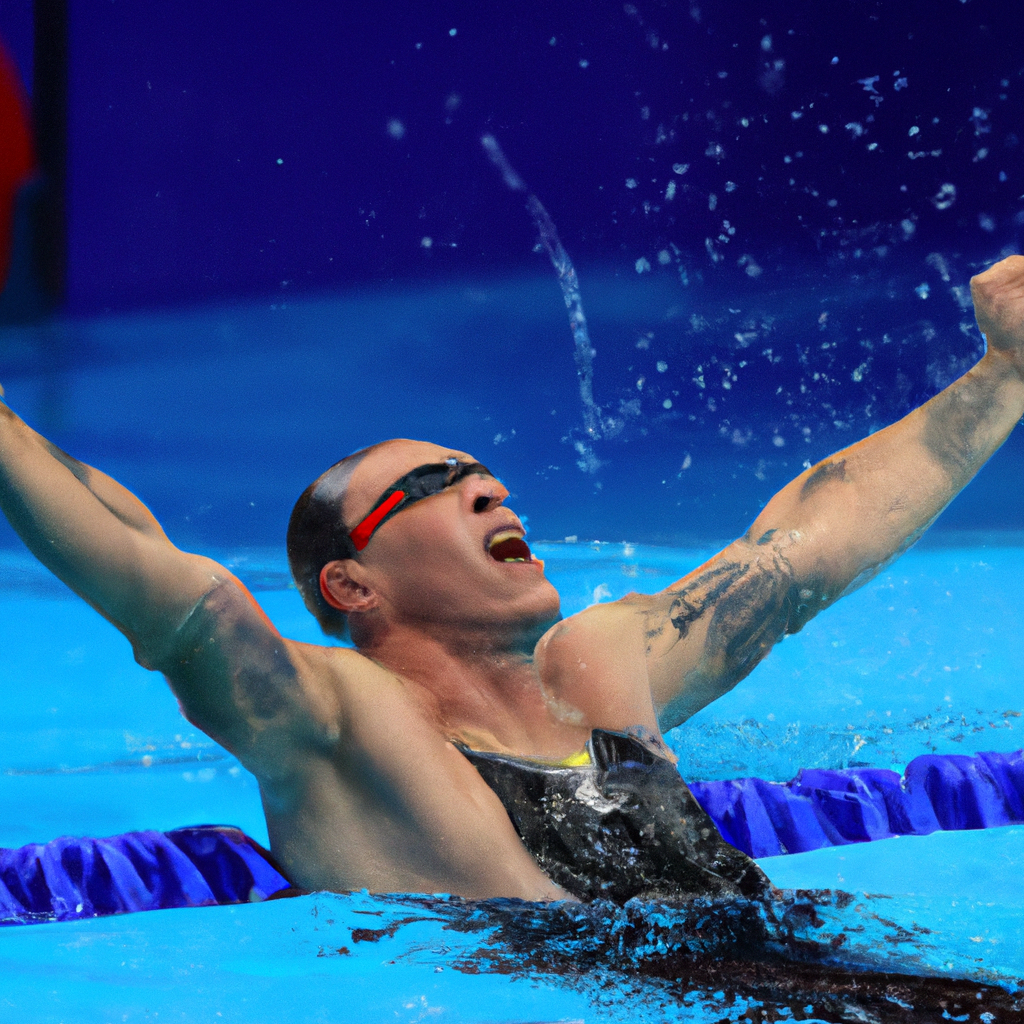Read in your native language
english german italian french spanish mandarin arabic portuguese russian japanese hindi bengali punjabi urdu korean vietnamese thai malay indonesian persian turkish polish ukrainian greek romanian hungarian dutch swedish norwegian finnish danish hebrew czech slovak bulgarian serbian croatian slovenian
The Evolution of the Olympics: A Look at the 1924 Paris Games vs. 2024
The last time Paris hosted the Olympics was in 1924, and the games then compared to the upcoming 2024 Summer Olympics show a drastic transformation in approach and execution. This analysis will delve into how Paris honors its past while also embracing a modern sustainable vision for the future of the Olympic Games.
Key Stakeholders and Perspectives
- Government of France:
- Benefits: Economic boost through tourism and global exposure.
- Risks: Heavy financial investment of approximately $8.2 billion in construction and facilities.
- Losses: Political backlash if the games do not meet expectations.
- Athletes:
- Benefits: State-of-the-art facilities and international visibility.
- Risks: High pressure to perform, potential injuries.
- Losses: Possible disappointment if hosting arrangements fall short.
- Spectators:
- Benefits: Access to a wide array of sporting events, including new-age sports like breaking.
- Risks: Crowds, logistics of accessing venues, potential for overcrowding.
- Losses: Financial investment for attending the event.
- Local Residents:
- Benefits: Improved infrastructure and potential housing initiatives.
- Risks: Disruption during the event, potential increase in living costs.
- Losses: Changes in their daily life due to the influx of tourists and changes in city dynamics.
Historical Context and Relevancy Meter
The 1924 Olympics represented a post-World War I era where France sought peace and unity through international sports. In contrast, the 2024 Olympics is taking place in a very different global context, where sustainability and inclusivity are at the forefront.
Technological Advances
The 1924 Olympics were the first to feature live radio broadcasts, marking a significant change in how the world engaged with sports. Fast forward to the 2024 Olympics: we have streaming technology capable of reaching billions, with the last two Summer Olympics each drawing over 3 billion viewers worldwide.
Iconic Venues
This year, the Yves-du-Manoir Stadium will host field hockey, and the Seine River will serve as a site for various events, showcasing urban aquatic sports for the first time since 1923. These venues illustrate the balance between honoring the past and innovating for a sustainable future.
In Closing: The Future of the Games
Planning for the 2024 Olympics exemplifies an effort to create a more inclusive and sustainable future for global sports events. As Paris draws nearer to the Olympics, the city serves as a prime example of how history can inform and improve modern practices in hosting international events.
Keywords: Paris, Olympics, 2024, 1924, Yves-du-Manoir Stadium, Seine River, sustainability, athletes, spectators, local residents, government.
Author: Andrej Dimov
Published on: 2024-07-28 23:03:34



